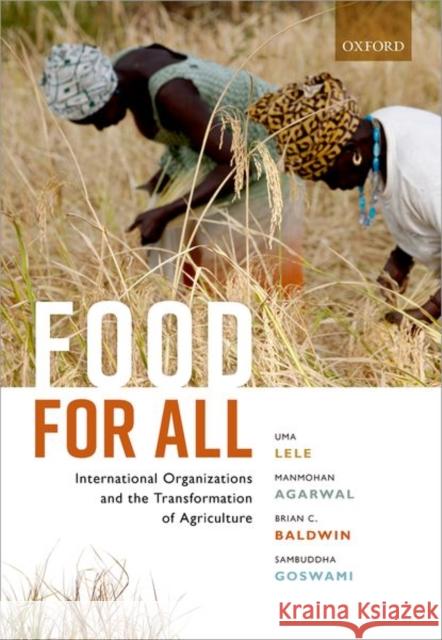Food for All: International Organizations and the Transformation of Agriculture » książka
topmenu
Food for All: International Organizations and the Transformation of Agriculture
ISBN-13: 9780198755173 / Angielski / Twarda / 2022 / 1064 str.
Food for All: International Organizations and the Transformation of Agriculture
ISBN-13: 9780198755173 / Angielski / Twarda / 2022 / 1064 str.
cena 700,88 zł
(netto: 667,50 VAT: 5%)
Najniższa cena z 30 dni: 578,97 zł
(netto: 667,50 VAT: 5%)
Najniższa cena z 30 dni: 578,97 zł
Termin realizacji zamówienia:
ok. 30 dni roboczych
Bez gwarancji dostawy przed świętami
ok. 30 dni roboczych
Bez gwarancji dostawy przed świętami
Darmowa dostawa!
Kategorie:
Kategorie BISAC:
Wydawca:
Oxford University Press, USA
Język:
Angielski
ISBN-13:
9780198755173
Rok wydania:
2022
Ilość stron:
1064
Waga:
2.03 kg
Wymiary:
25.53 x 17.98 x 6.25
Oprawa:
Twarda
Wolumenów:
01
Dodatkowe informacje:
Bibliografia
Wydanie ilustrowane
Wydanie ilustrowane











